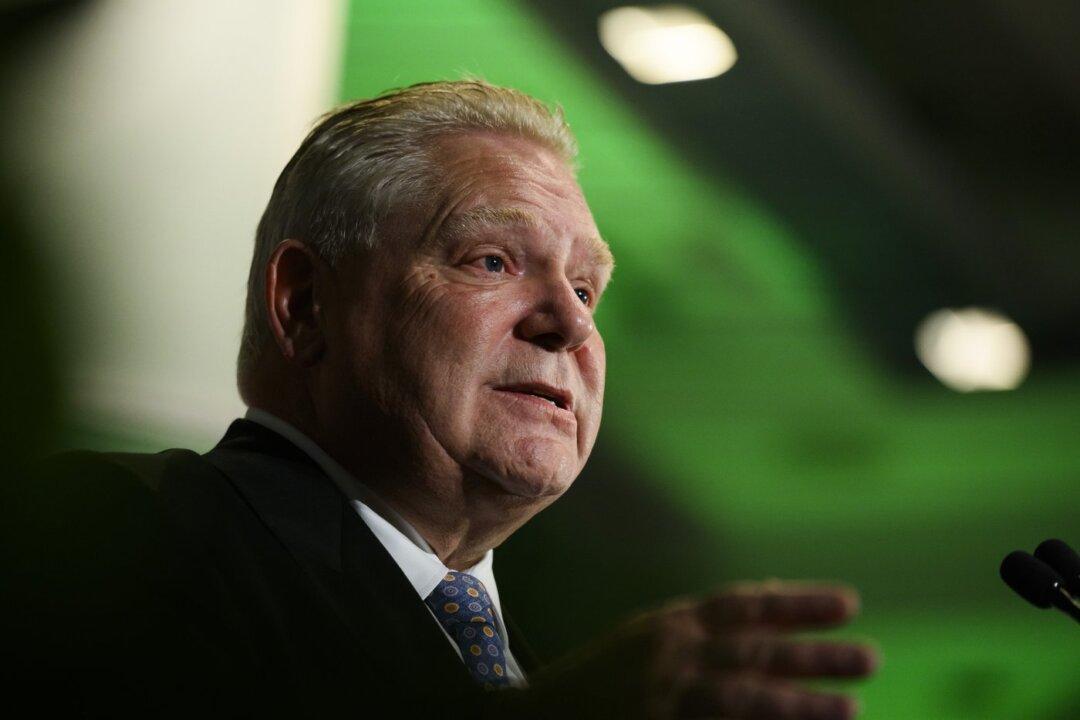Ontario Premier Doug Ford is opposing a City of Toronto proposal to decriminalize the possession of hard drugs, calling the policy of decriminalization a “nightmare” where it has already been put into practice.
The Ontario leader said Monday that the province should be doing more to invest in treatment for drug addicts as well as more investment in mental health. “That’s what we should be doing, not legalizing hard drugs. Like you got to be kidding me. Like letting people do cocaine and crack and heroin.” he said.
“Decades of stigma about drug use has led to an assumption that decriminalization might have a negative impact on community safety. However, possessing drugs for personal use does not directly cause harm to others,” the report said.
The Toronto proposal would allow the possession of drugs everywhere in the city except for airports—which fall under federal jurisdiction—K-12 schools, and child-care facilities.
Mr. Ford was adamant in his opposition to the proposal. “I will fight this tooth and nail. This is the wrong way to go. It’s proven,” he said, mentioning Oregon and British Columbia as examples.
Premier Ford’s comments came just days after the B.C. government announced a U-turn on its drug decriminalization pilot project, which was expected to last until next year.
“We have health workers saying we’ve got an issue in our hospitals,” Mr. Eby said. “You have retail and restaurant workers saying we’re seeing use even inside a coffee shop.”
The two senior law enforcement officials also noted that police were having difficulties identifying safe supply drugs that have been sold illegally, with seizures of safe supply drugs taking place in Prince George and Campbell River in recent months.
Public consumption of drugs was also a concern shared by the officials, with Ms. Wilson stating, “In addition, there have been concerns from small businesses about problematic drug use that prevents access by customers or negatively affects operations.”
“Buying in bulk may be more economical, particularly for [people who use drugs] residing in remote communities. It is common practice to purchase in bulk and split or share among peers,” the report said.







